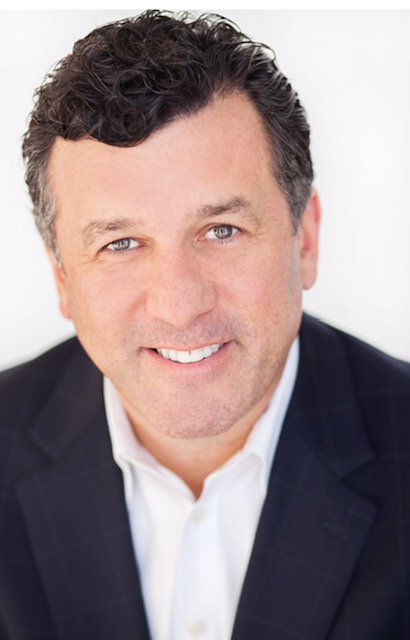From my very first rental home purchase to my latest build-to-rent subdivision, I’ve always lived by an important axiom. The best way to make money is by using other people’s money.
It’s also the first piece of advice I give to any small investor starting out in the real estate investment world. Finance as much of those early investments as possible. Keep as much cash in your pocket as possible, and if you can trade sweat equity for another investor’s cash, do it.
Start by Knowing What You Want
An important first step is to know what type of property you want to buy. Is it a single-family home, a duplex, or perhaps a small multifamily apartment building? Having a clear vision for what you want to purchase is the first step to knowing how much you need to put down and how much you need to secure from a bank or private investor.
It’s also important to know your long-term goals. It’s easier to flip a single-family home than it is a multi-tenant rental property. If a quick flip is the goal, stick with the single family home to start.
Don’t Tie up Your Cash with a Huge Down Payment
Once you know your goals and the type of property you’d like to obtain, then you can lay out your finance strategy. The goal for any real estate investor should be to keep their out-of-pocket investment as low as possible.
At first glance, making a small down payment might seem counter-intuitive. After all, as homeowners the goal is to build up equity over a long period of time. For traditional homeownership, starting with a large down payment with your own cash is a good strategy.
But, what if your goal is to do a rehab and quick flip? Conserving your own cash makes a lot of sense.
If an investor ties up $50,000 in a down payment, they have equity in the house, but that $50,000 is no longer working for them. Instead, if they can put $25,000 down and sink the other $25,000 into a kitchen remodel, they will see a significantly higher return on investment.
According to Zillow.com, the average minor kitchen remodel has an 81.1 percent ROI. That means the $25,000 you sink into the kitchen will net an additional $20,000 return. If you sold right after the remodel, instead of walking away with $50,000, the investor will walk away with $70,000: the $25,000 down payment, the $25,000 kitchen investment, and the $20,000 return.
There are other practical reasons for investors to conserve their own cash. If they plan to develop a cashflow-positive rental model, they will likely need to make small repairs along the way. Holding some cash on the sidelines for both routine and unanticipated repairs and upkeep will help keep cash flow strong. Instead of dipping into monthly profits to make repairs, holding some cash back in a rainy day fund will help smooth out any unanticipated bumps in the road.
Sweat Equity Might Be Better than Cash
Another key to conserving cash is dependent on both your skill level and your work ethic. You can reduce labor costs by doing a lot of the work on your own.
Sweat equity can get you in on the ground floor of real estate investing without taking any cash out of your pocket. Oftentimes, other people have the money to invest in a property, but don’t have time to take care of the minutia that goes into a rehab. If you can bring some skills and some hustle into the equation, it’s possible to develop profitable partnerships.
As my business has grown, I’ve built a team of trusted, highly skilled tradesmen who do a lot of work for me at a reasonable rate. We have significantly reduced our costs by providing our own labor. As you grow, finding reliable team members can be just as important as doing the work yourself.
Find a Financial Partner Who Values Community, Appreciates Small Entrepreneurs
In the early phases of your real estate investing career, it’s probably best to think Main Street more than Wall Street. Finding a local banking or finance partner who knows the community and has roots in the community is an important strategy.
A local partner is far more likely to believe in your dreams and take a chance on you than a number-crunching national bank looking to maximize profits. Shop around and find a financial partner that believes in the community and in you. Those partners will be good long-term partners.
If you can lay out a clear investment vision, find a good financial partner, keep some cash in your pocket and invest your own sweat equity, you will be off to a fast start in your real estate investing journey.
























0 Comments